To a generation of Indians, the iconic image of MS Dhoni launching into his six at the Wankhede in 2011 represents the defining moment when they fell in love with cricket. It is precious, as good memories always are.
Fast forward 11 years to 2022. The Indian Premier League [IPL] is getting ready to hold its 14th edition. To millions of Indian millennials brought up on the entertainment that it provides, it is the most awaited event of the annual cricketing calendar.
And yet, as Ratnakar Shetty, Board of Cricket Control in India [BCCI] veteran, and one of India’s longest serving cricket administrators, points out in his just released autobiography, On Board: My Years with the BCCI, that precious moment in 2011, and the 14 editions of the IPL, almost did not happen. Both owe their existence to a stand that the International Cricket Council [ICC] took in 2007.
It will hardly come as a surprise to those of us who have followed Indian cricket over the past five decades that the BCCI has not always been the most forward-looking cricket administrator in the world. Midway through the Noughties, this lack of vision was at its peak.
When the ICC met to vote on organising the first-ever T20 World Cup in South Africa, the show of hands was 9-1 in favour. BCCI, the notable dissenter. Their stance was hardly a surprise. The national team had been allowed to play just one T20 match until that point. The board just did not believe in the future of this new fangled format. The ICC had no choice but to dispense with the carrot and pick up the stick.
The BCCI was desperate to host the 2011 50-over World Cup in the subcontinent. However, the India-Pakistan-Sri Lanka-Bangladesh combine missed the April 2006 deadline to file the respective government-endorsed Participating Nations Agreement [PNA].
Quick Reads
View AllIndia asked for an extension. The ICC agreed to give it only if India agreed to participate in the inaugural T20 World Cup the following year. Left with little choice, the BCCI signed on the dotted line.
Before the T20 World Cup in 2007, the teams traveled to the West Indies to play what India considered the proper World Cup — the 50-over version. Next to the sun-kissed beaches of the Caribbean, India, one of the pre-tournament favourites, put up its worst performance in two decades.
Deeply disappointed by the result, the big guns of Indian cricket, including India’s current Head Coach, declined to play the T20 version.
The Dhoni-captained and Lalchand Rajput-managed team brought back the trophy against all odds. Whiffing the scent of money, the BCCI realised they may have missed a trick. The IPL kicked off in 2008, and the rest, as they say, is history.
It is inevitable that what might seem inordinately long descriptions of the author’s formative years will find place in an autobiography. It is also a reality that when a lay reader picks up a book written by a long-term BCCI insider, insights on Indian cricket’s intrigues, mysteries, and scandals of the past will be what they are looking for. On neither count does Shetty disappoint.
The story of why Mumbai has two Test venues, and indeed why it needed the Wankhede Stadium in the first place is one that may be unfamiliar to most. Shetty explains why the ego of Vijay Merchant, then heading the Cricket Club of India [which owns the Brabourne Stadium] in denying the reasonable ask of a higher quota of Test match tickets for the Bombay Cricket Association [which runs Bombay cricket, and were allotted the Tests by BCCI, but owned no grounds of its own[ brought things to a head in the late 1960s.
Since BCA could not get more tickets, its only source of income, its President, then Finance Minister of Maharashtra, SK Wankhede decided to construct BCA’s own stadium where it could host the Tests allotted to it by the BCCI. The Tatas and Garwares provided corporate backing. Sports Minister Sharad Pawar allotted the land. The Wankhede came into being.
There is also Shetty’s first hand account of listening to Vijay Merchant explain to the audience at Wilson College exactly why he used his casting vote against Pataudi in 1971. I will not spoil the suspense for readers by revealing it here.
I personally found the chapter on the history and evolution of the BCCI fascinating.
Young Indian fans ready to deride the ‘bullying’ and financial clout of today’s BCCI would do well to read the account of where India has come from to emerge as a global cricketing financial powerhouse today.
Until Jagmohan Dalmia and company leveraged on the Kapil Dev-led team’s 1983 victory, challenged the status quo, and changed the commercial landscape, India was treated no better than any minnow is today. As Shetty reminds us, India had to pay huge financial guarantees, often well beyond its earnings, to get England, Australia, and West Indies to play Tests in the subcontinent. Even then, as older readers will recall, the teams that landed on Indian shores were not necessarily the best the visitors had on offer.
We also take the salaries players get today and the contracts they have, largely for granted, as if they always existed. Shetty reminds us how different the situation was even 25 years ago, when he writes: “We also enquired about the graded payment structure introduced by the Sri Lankan board, which took into account the relative seniority of every player. This was in stark contrast to the policy followed by the BCCI at the time, which would pay the same amount to all the players regardless of one’s seniority. In 1997, the Sri Lankan board certainly gave the impression of being a lot more professional in comparison to the BCCI, as far as its administrative set-up and offices were concerned."
The real interest for readers of the book is bound to revolve around the fact that Shetty’s time in administration coincided with some of the worst controversies that have beset Indian cricket. Reading his account of the 1990s and early 2000s will bring back memories of the chaos of those times, including a lengthy insider’s description of the whole sordid match-fixing saga and how it panned out.
The 1997 tour of Sri Lanka was a particularly difficult one. The story, of Coach Madan Lal’s bizarre interview to Vijay Lokapally lambasting the attitude of his players just before the Test series commenced, had all but faded from memory. Shetty revived it, and added the insider angle by recounting how no player other than then-captain Sachin Tendulkar was on talking terms with the coach immediately after that.
The match fixing allegations were floating around at the same time with Rashid Latif mentioning names of Azharuddin and Ajay Jadeja, both still a part of the team. Sri Lanka’s 952 for 6, a forgettable moment in Indian cricket, came in the first Test of that series. Was there a connection? Perhaps.
It was also a time, especially during the time Jagmohan Dalmia was in charge, that the seeds of Indian domination today were laid. Shetty takes us through the fascinating story of how the National Cricket Academy [NCA] was formed with Rodney Marsh guiding its development. It was also the time when the Talent Resource Development Officer [TRDO] System came into being under the stewardship of Dilip Vengsarkar. Modern fans will know from the movie M.S. Dhoni: The Untold Story [2016], that this is how Dhoni was discovered.
As a storyteller myself, I love anecdotes. And there are some enjoyable ones in the book. Shetty tells the story about well-known teetotaler Tendulkar on that same 1997 tour, asking for rum one evening, when his childhood friend Vinod Kambli was paying for the team dinner. Tendulkar later explained it was to wash his hands in, just to show Kambli how much of a waste of money his daily consumption of rum was.
Another involves the late Raj Singh Dungarpur, a man Shetty holds in high esteem. He writes about an episode from 1998-99: “I called Rajbhai, who was in London at the time, to connect him to Mr Lele. A female voice answered the phone. Rajbhai then came on the line and asked me if I knew whom I had just spoken to. I replied in the affirmative. The lady was none other than Lata Mangeshkar.” The friendship [and by some accounts, romantic relationship], between the recently departed singer and Dungarpur is well documented.
Shetty’s book may at first sight seem too voluminous to some readers given it is written by an administrator, and not a player. But the insights it provides reflect a rare view from the inside of the inscrutable BCCI.
The sheer length of time Shetty spent in the corridors of India’s cricketing power, and the changes that he witnessed in the sport, its finances, and its administration are brought out well in honest account. For example, the fact that his appointment as Joint Secretary of BCCI was supported by Dalmiya, even as the latter lost the election to Pawar, is testimony to the esteem he was held in as an administrator.
To his credit, Shetty does not burnish the truth nor glosses over the mistakes and the failings. That, for any chronicler, is a hard thing to do, especially if they have been a part of that process. It is something that lends tremendous credibility to his version of events.
For anyone who is interested in getting On Board for a behind the scenes look at the evolution of Indian cricket over the past decade, Shetty’s book is well worth a read.
On Board: My Years with the BCCI is published by Rupa Publications.
Anindya Dutta is a sports columnist and author of six bestselling books, including Wizards: The Story of Indian Spin Bowling and Advantage India: The Story of Indian Tennis. He tweets @cric_writer.
Read all the
Latest News,
Trending News,
Cricket News,
Bollywood News,
India News and
Entertainment News here. Follow us on
Facebook,
Twitter and
Instagram.


)

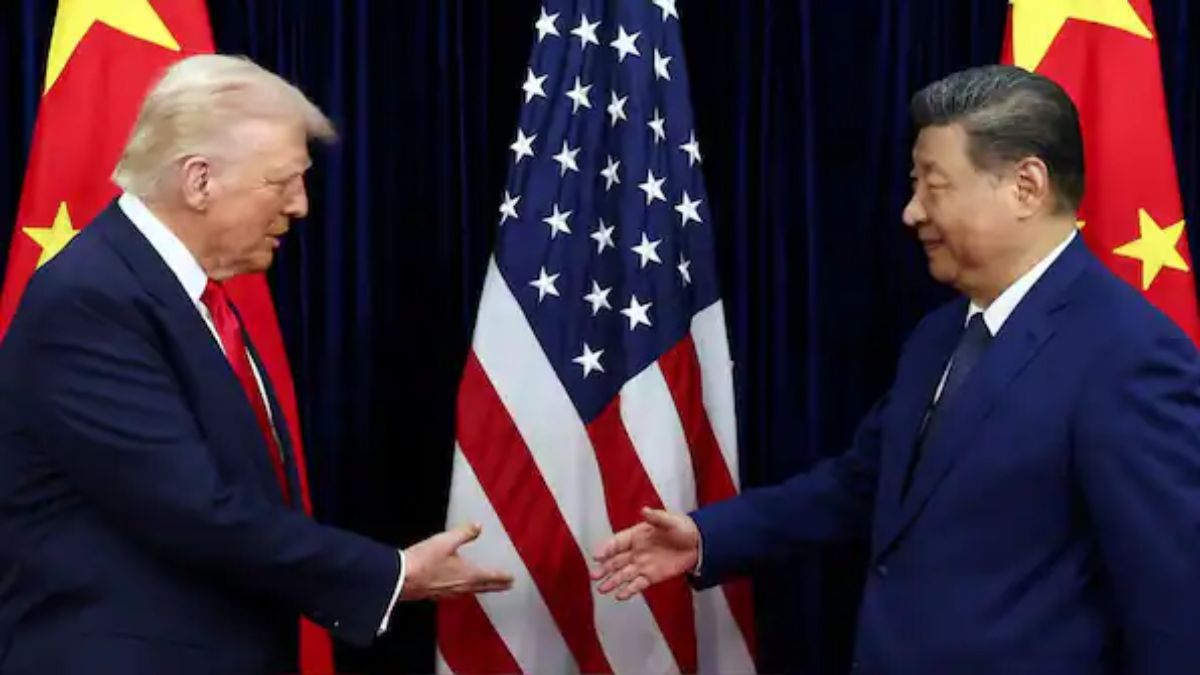)
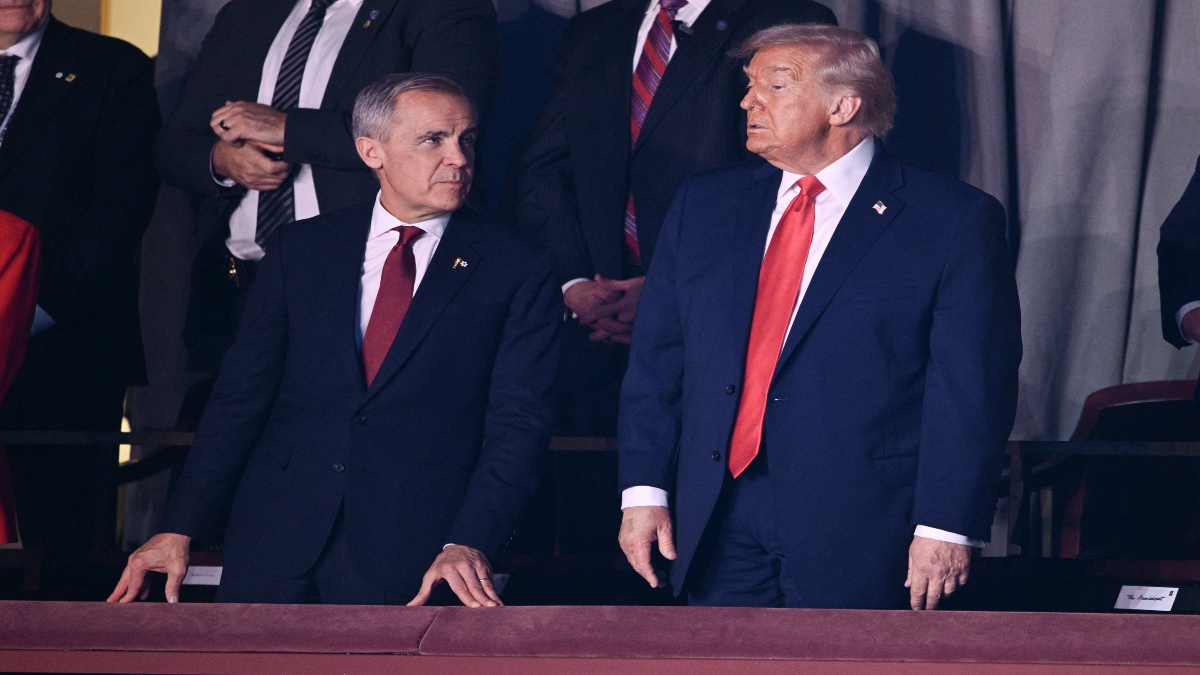)
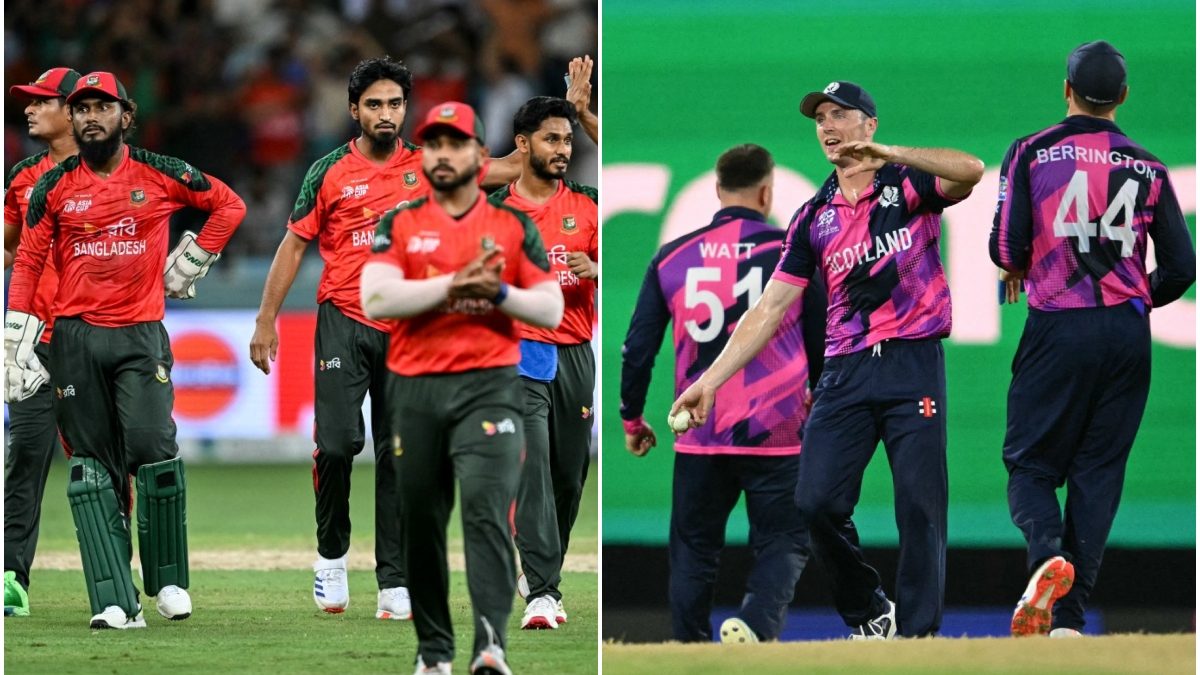)
)
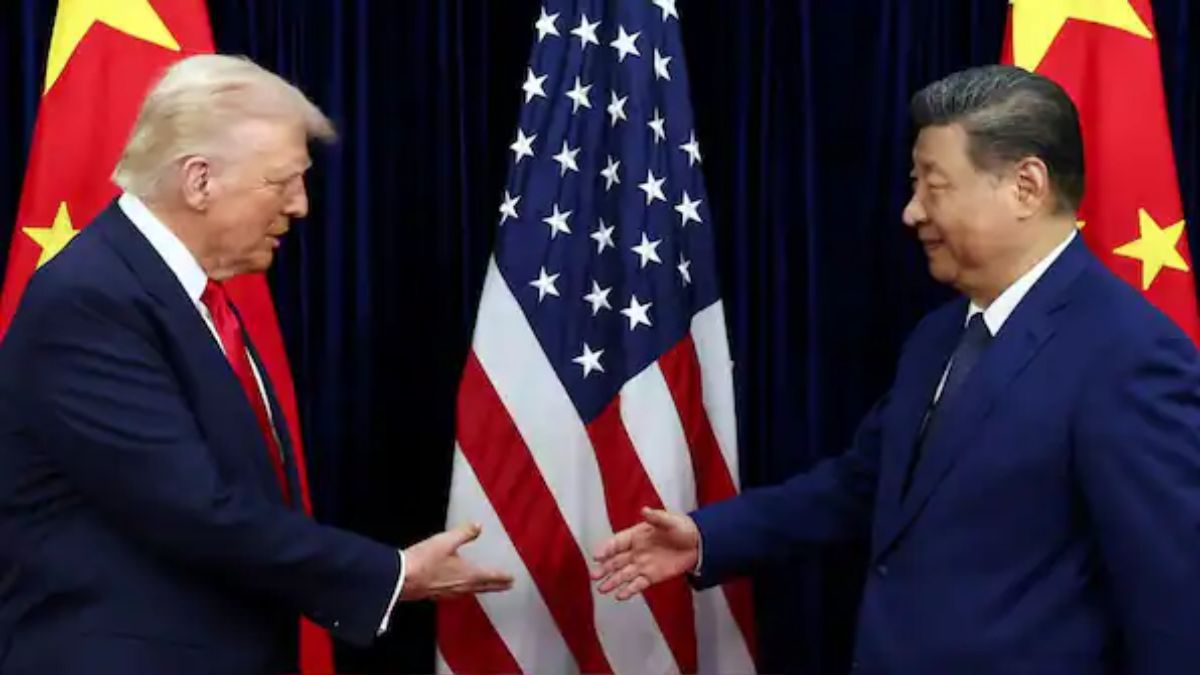)
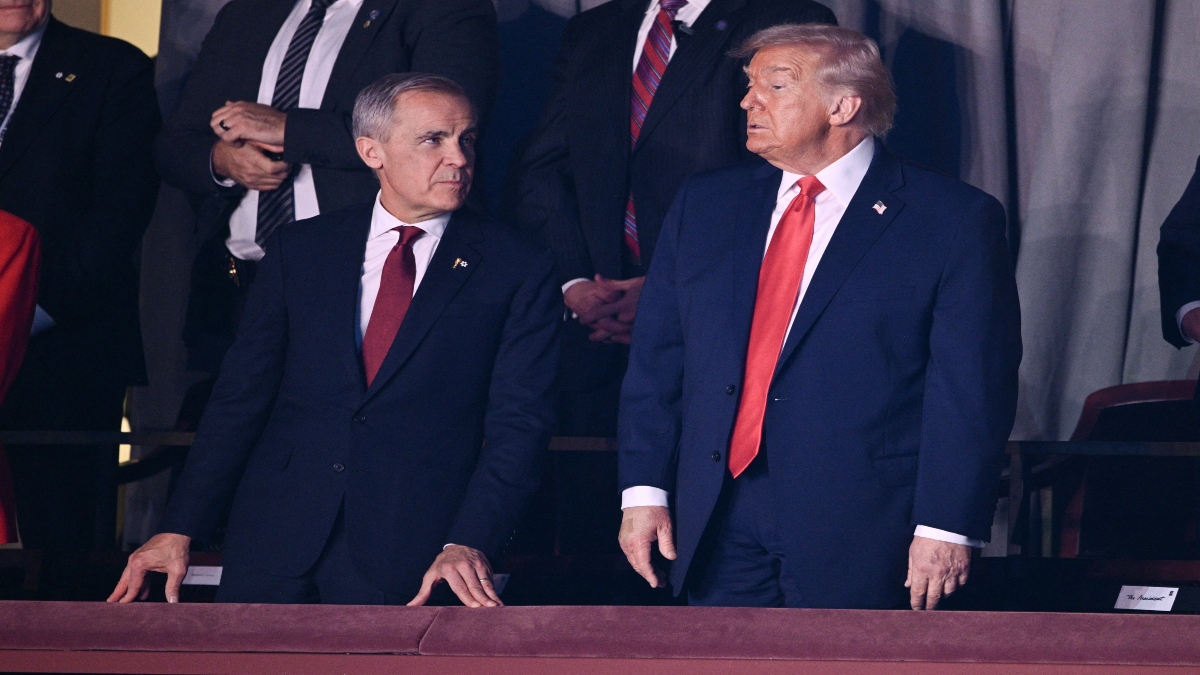)
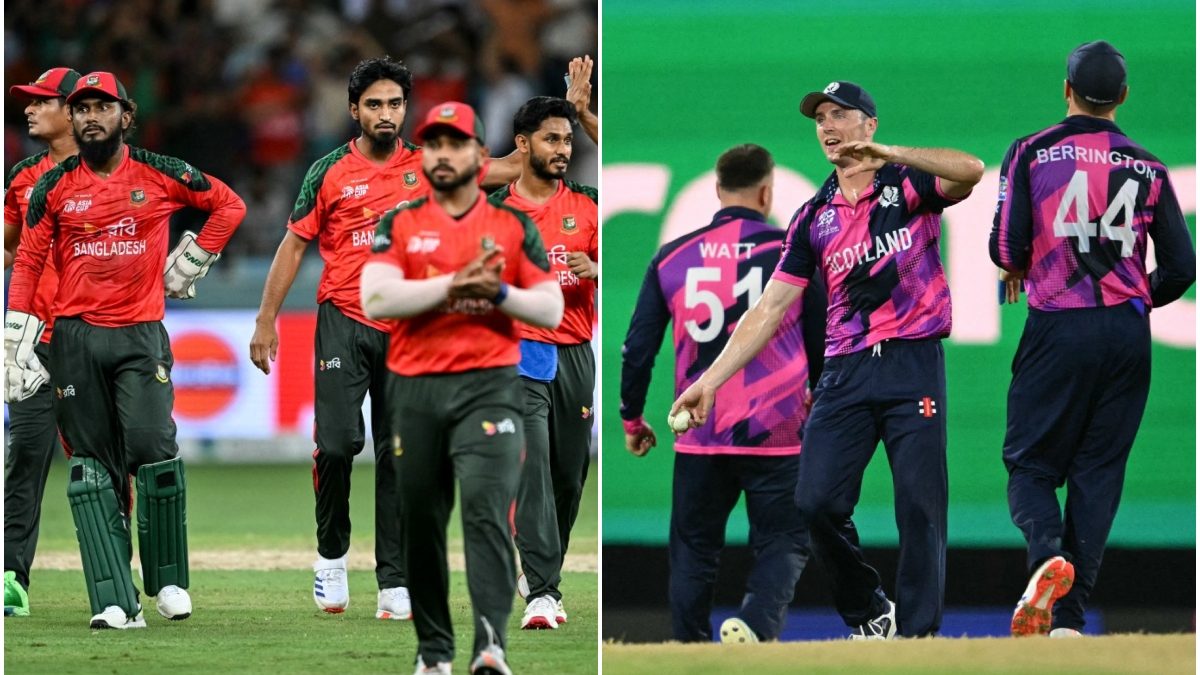)
)



